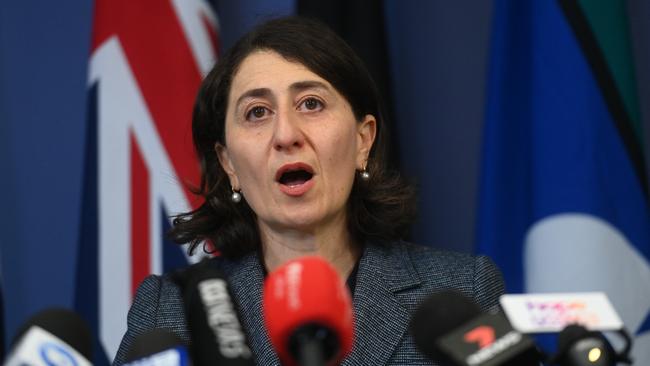
Hall, however, will not be running things. Along with fellow commissioners Patricia McDonald SC and Stephen Rushton SC, he has decided that someone else needs to step in. And that person is Ruth McColl.
McColl is a respected former judge, but she is now merely an assistant commissioner at ICAC – which might seem to make her an unusual choice for such an important hearing.
So what could possibly be behind the decision of all three commissioners to stand aside?
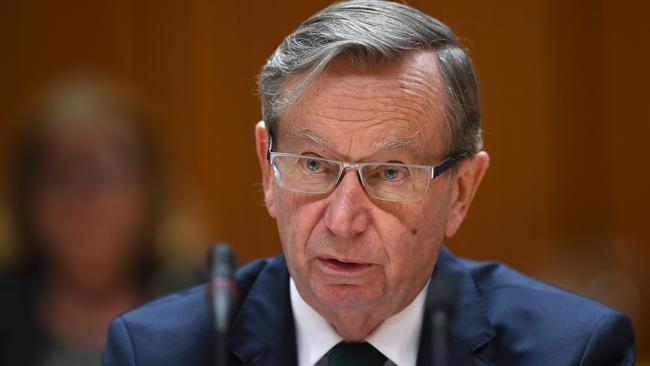
The last time they turned to McColl was in October last year, when Berejiklian gave evidence about her involvement with former politician Daryl Maguire.
On Tuesday, when I asked ICAC about this, the commission took 24 hours to come back with a “no comment”.
Last year, when McColl was in the chair, The Sydney Morning Herald reported that her appointment was necessary to avoid a potential conflict of interest amid continuing tension between the government and ICAC over the commission’s funding.
ICAC wanted to sideline Berejiklian’s department and the NSW Treasury. In November, 2019, the commission outlined a plan to the public accounts committee of state parliament. It would have meant the commission’s funding would never be cut.
Hall, therefore, made exactly the right call last year to bring in McColl. And because the financial tensions have not gone away, it still makes good sense for Hall, McDonald and Rushton to stand aside from the Berejiklian hearing that opens on October 18.
The funding stand-off was apparent on August 18, when Hall appeared before a budget estimates committee of the NSW parliament.
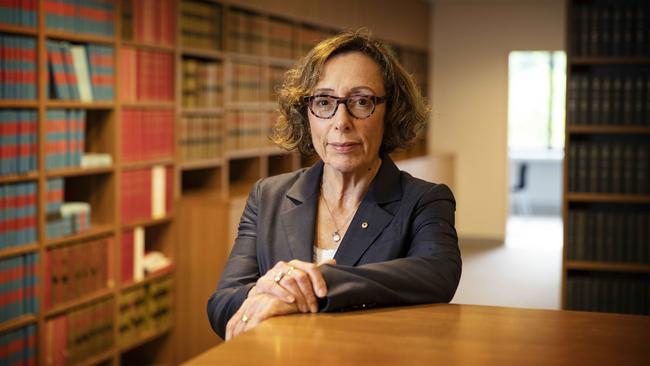
The Hansard record shows he said ICAC’s funding had “just gone off the rails” for 30 years. He wanted budgetary control taken away from the government. He noted that Berejiklian had agreed to have a meeting with the commission so this could be discussed.
That meeting took place on September 21 and those present included ICAC’s chief executive, Philip Reed, and Berejiklian. The dispute was not resolved.
Eight days later, on October 1, Berejiklian resigned when ICAC announced it would hold a public hearing into a range of matters including whether the former premier was in “a position of conflict” between her duties and private interests.
The other conflict – between ICAC and Berejiklian’s government – was unresolved at the time of her resignation. So Hall again did the right thing by stepping aside. But that is not the end of the matter.
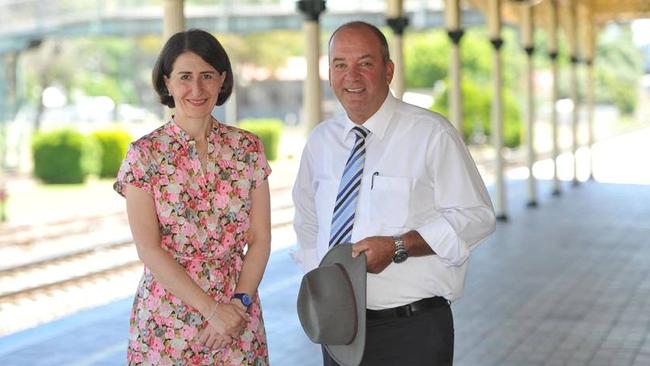
After the departure of former commissioner Megan Latham, the ICAC Act was changed and a three-commissioner model was introduced that still gives a special role to the chief commissioner.
Section 6(2) of the ICAC Act now says any public hearing must be authorised by the chief commissioner and at least one other commissioner.
If the other commissioners are affected by a conflict of interest, an assistant commissioner can take their place when deciding to hold a public hearing.
But there is no provision in section 6 for anyone to take the place of the chief commissioner when it comes to authorising a public hearing.
Section 6(2) is clear: “A decision of the commission to conduct a public inquiry … must be authorised by the chief commissioner and at least one other commissioner.”
So if a conflict of interest makes it impossible for the chief commissioner to exercise his powers under section 6(2), that means a public hearing cannot be validly authorised. The agreement of the chief commissioner is essential.
Any public hearing that was not authorised by the chief commissioner would be vulnerable to legal challenge aimed at preventing the commission from engaging in conduct that did not have a lawful basis.
There is, of course, no suggestion that Hall would ever discharge his duties while affected by an apparent conflict of interest. That would also make any subsequent public hearing vulnerable to legal challenge.
Berejiklian left office because of this public hearing, triggering an upheaval in the governance of NSW. The community deserves to know exactly how this hearing was authorised.
Here are the questions that elicited a “no comment” from ICAC:
1) Did chief commissioner Hall take part in the decision to hold a public hearing concerning Gladys Berejiklian?
2) Why will that hearing be conducted by assistant commissioner Ruth McColl instead of chief commissioner Hall or the other two commissioners?
3) Does chief commissioner Hall believe that all three commissioners are affected by an apparent conflict of interest because of the dispute between ICAC and the government over the commission’s future budgets?
4) If chief commissioner Hall believes there was an apparent conflict of interest over the budget issue in the past, when did that apparent conflict arise and how did it come to an end?
5) If chief commissioner Hall believes there was never an apparent conflict of interest, could he please explain why that is the case?
6) Does the decision to have McColl conduct the Berejiklian inquiry indicate that the commission, by its actions, accepts that there could still be an appearance of a conflict of interest over the budget issue if that public hearing were conducted by Hall or one of the other commissioners?
7) Does Hall still believe that treasury and the premier’s department should have no role in setting ICAC’s budget?
8) Does Hall believe that ICAC’s budget should never be reduced?
Chris Merritt is vice-president of the Rule of Law Institute of Australia


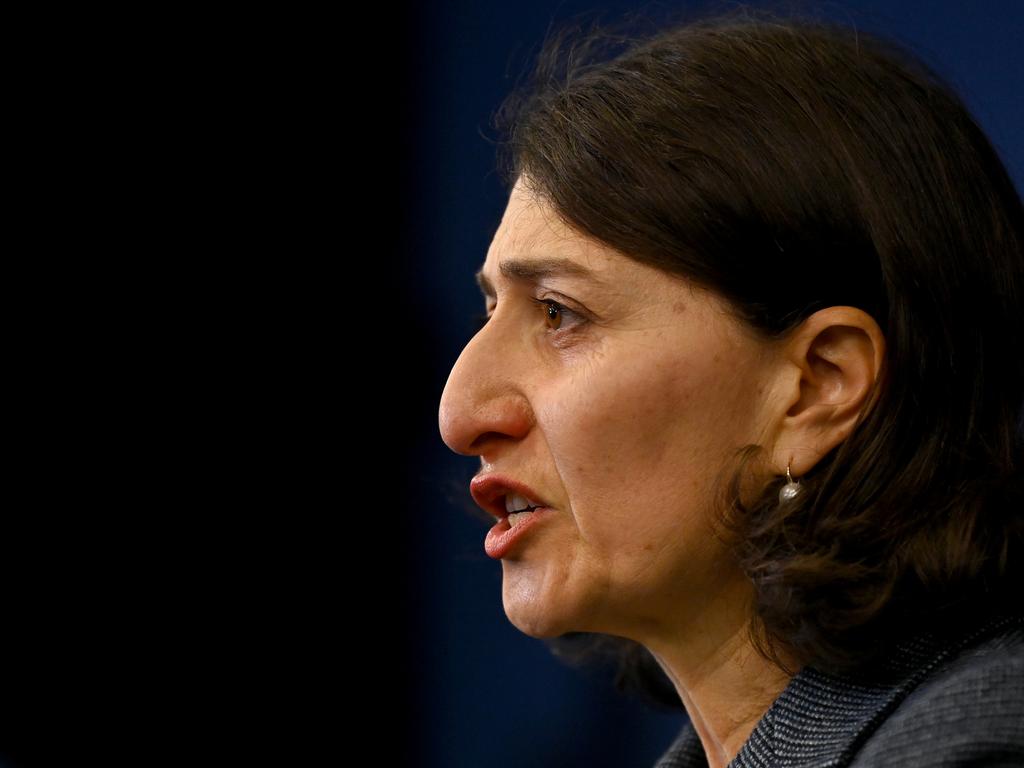
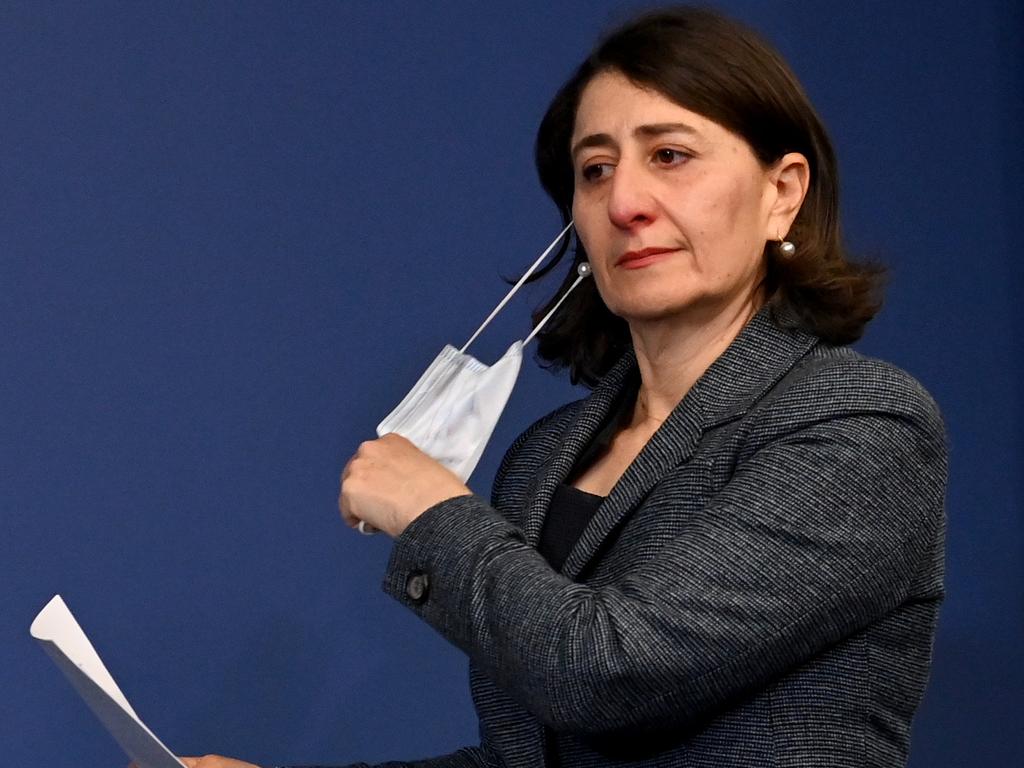
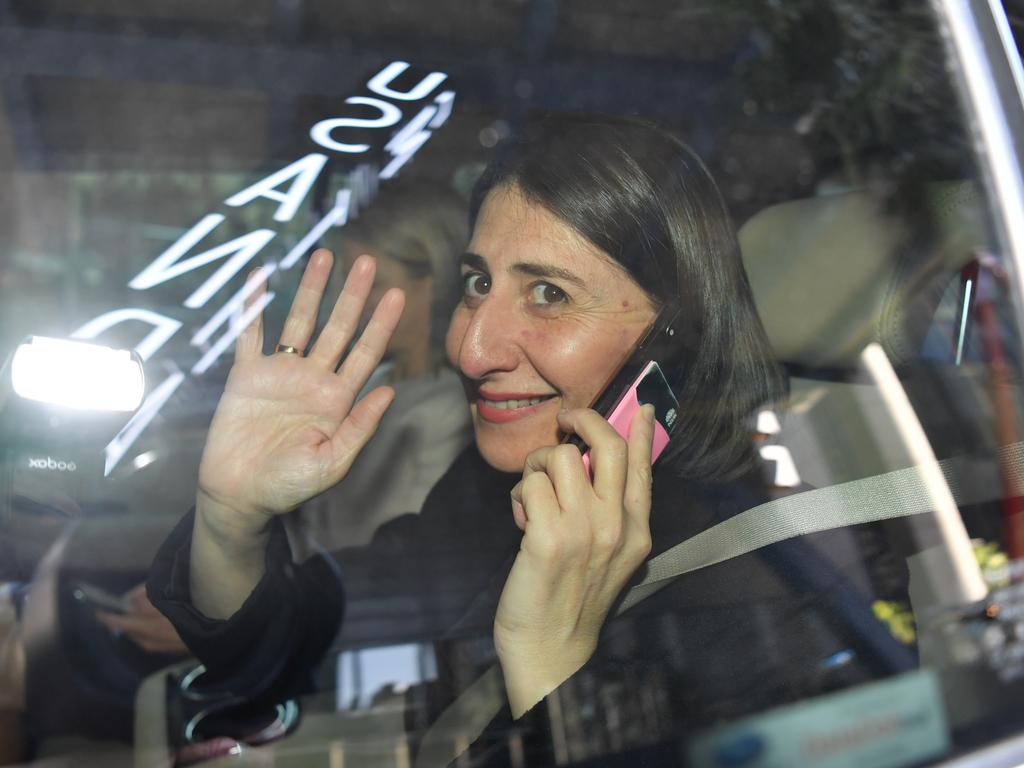



In a little over a week, former NSW premier Gladys Berejiklian appears before the most important public hearing of the Independent Commission Against Corruption since Peter Hall took office as chief commissioner.